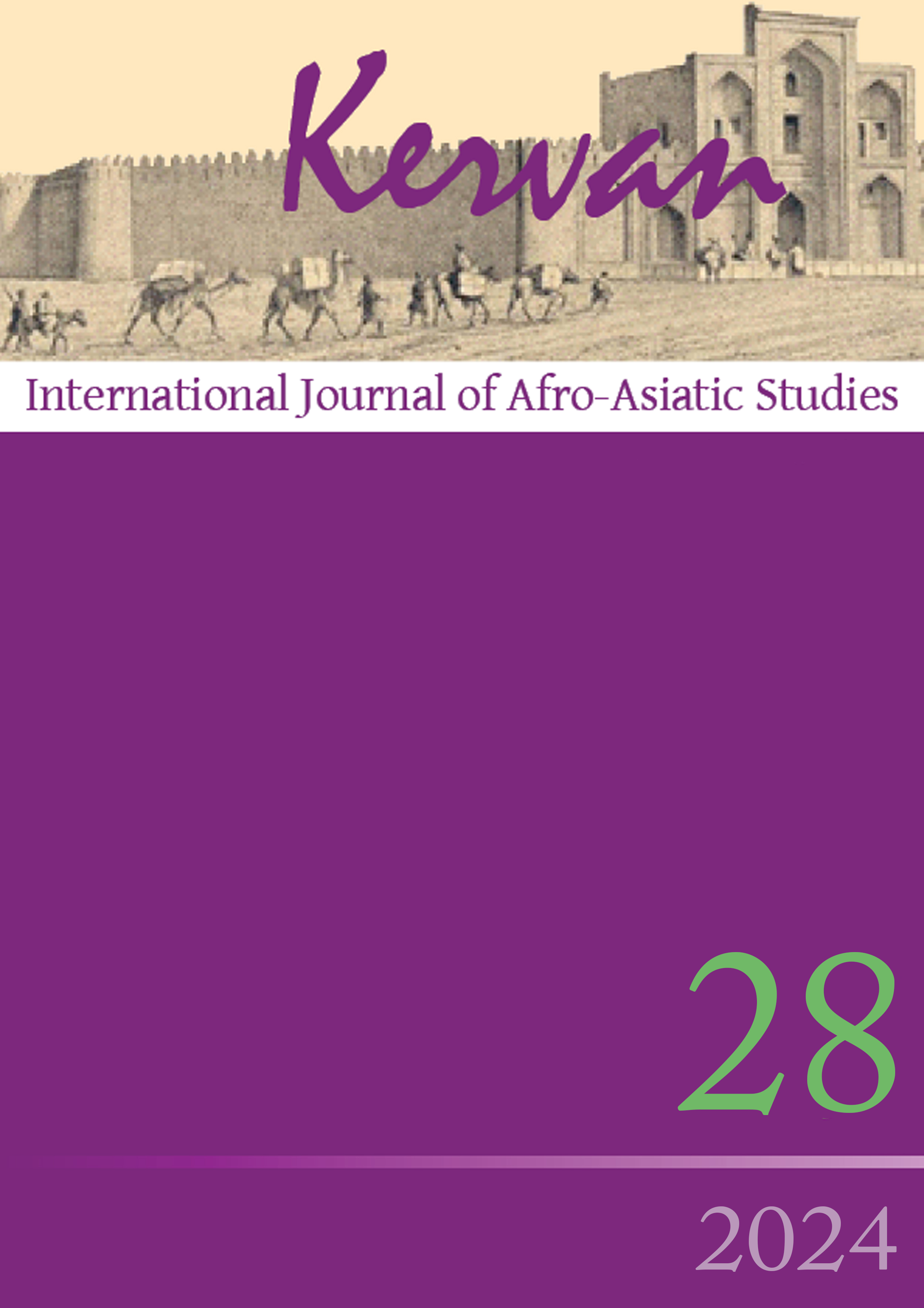Political and social dynamics of class in revolutionary Urdu poems by Faiz Ahmad Faiz and Habib Jalib
DOI:
https://doi.org/10.13135/1825-263X/10045Abstract
Revolutionary poetry is considered the most concentrated verbal expression and literary mode practically suited to provoke political uprisings and revolts in a society. This article explores the intricacies of class on political and social grounds in the revolutionary Urdu poems of Faiz Ahmad Faiz (1911–1984) and Habib Jalib (1928–1993). Given the pace of social progress in Pakistan, the writings of these poets have played a radical role in shaping people’s ideology by educating them about freedom of expression and provoking them to speak out against imperialism and other exploitative systems of the status quo. The power dynamics in the devastating system of capitalism in Pakistan led to the exploitation of workers and the suppression of their rights. Against the background of these problems, through close reading, this article analyses selected poems by progressive writers—Faiz and Jalib, under the guidelines of Marx on class, Gramsci’s hegemony, and Louis Althusser’s ideological and repressive state apparatuses. This article concludes that the revolutionary poetry of these two poets aims to transform the social and political fabric of Pakistani society.
Downloads
Downloads
Published
Issue
Section
License
Gli autori che pubblicano su Kervan accettano le seguenti condizioni:
- Gli autori mantengono i diritti sulla loro opera e cedono alla rivista il diritto di prima pubblicazione dell'opera, contemporaneamente licenziata sotto una Licenza Creative Commons - Attribuzione che permette ad altri di condividere l'opera indicando la paternità intellettuale e la prima pubblicazione su questa rivista.
- Gli autori possono aderire ad altri accordi di licenza non esclusiva per la distribuzione della versione dell'opera pubblicata (es. depositarla in un archivio istituzionale o pubblicarla in una monografia), a patto di indicare che la prima pubblicazione è avvenuta su questa rivista.


 The articles that have appeared on Kervan since 2016 are rated as Class A in the system of National Scientific Qualification (ASN, disciplines 10/N1 and 10/N3).
The articles that have appeared on Kervan since 2016 are rated as Class A in the system of National Scientific Qualification (ASN, disciplines 10/N1 and 10/N3). The journal has been approved for inclusion in DOAJ. The DOAJ listing of the journal is available at
The journal has been approved for inclusion in DOAJ. The DOAJ listing of the journal is available at  The journal has been approved for inclusion in ERIH PLUS. The ERIH PLUS listing of the journal is available at
The journal has been approved for inclusion in ERIH PLUS. The ERIH PLUS listing of the journal is available at  Kervan was just accepted for indexing in SCOPUS. This important milestone ensures that articles published in Kervan are easily found when searching for library, archives and Information science and it enables Kervan authors to keep track of how often their article has been cited by others.
Kervan was just accepted for indexing in SCOPUS. This important milestone ensures that articles published in Kervan are easily found when searching for library, archives and Information science and it enables Kervan authors to keep track of how often their article has been cited by others.

